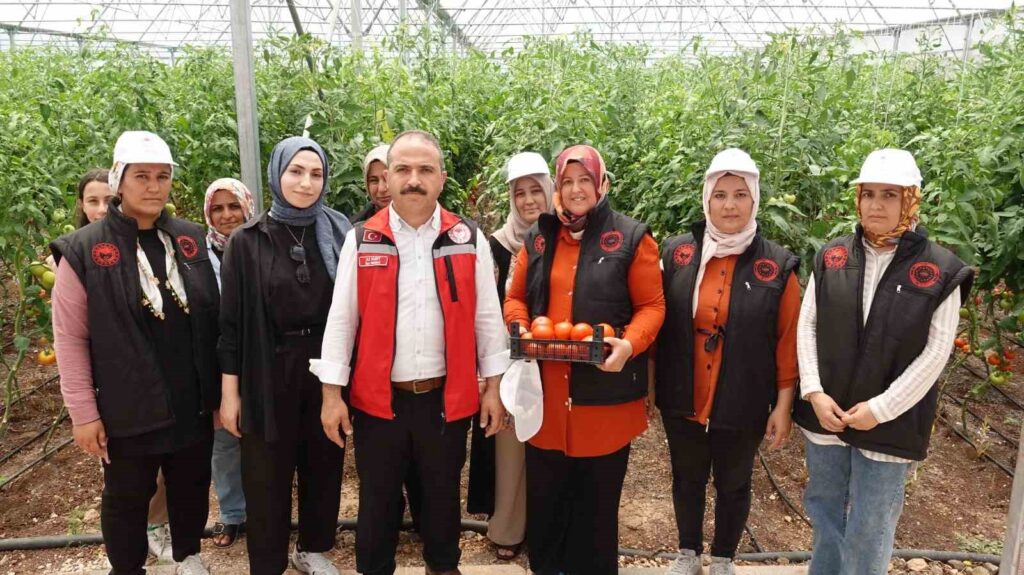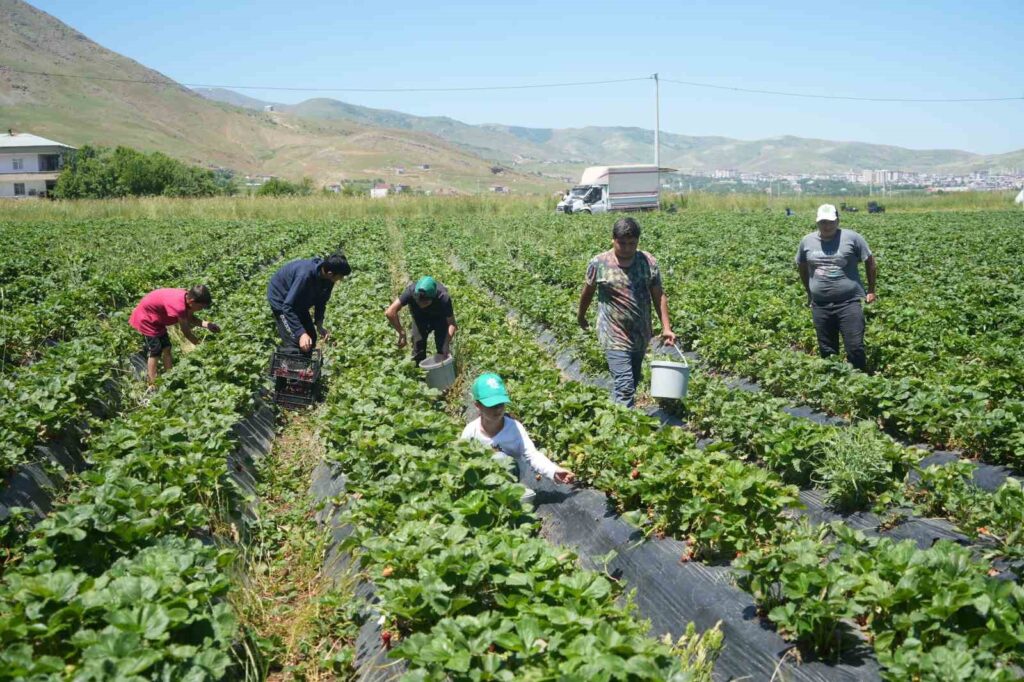President of TZOB, Şemsi Bayraktar: ‘Let the one-year effort of our farmers not turn to ashes with a spark’
The President of the Turkish Chambers of Agriculture Union (TZOB), Şemsi Bayraktar, made a statement regarding the increasing stubble fires recently, saying, ‘Let the year-long efforts of our farmers not turn to ashes with a spark.’ ‘Performed as a routine agricultural practice and…’

The President of the Turkish Union of Chambers of Agriculture (TZOB), Şemsi Bayraktar, made a statement regarding the increasing stubble fires recently, saying, ‘Let the one-year effort of our farmers not turn to ashes with a spark.’ Bayraktar, stating that stubble burning, which is done as a routine agricultural practice and causes serious long-term damage to soil fertility, leads to the loss of productivity in agricultural lands, continued his statement as follows: ‘Out-of-control stubble fires cause the efforts of our farmers to vanish and endanger the future of our lands. All the efforts of our producers who have taken care of and nurtured their crops for a year turn to ashes with a spark. In today’s world where our need for food is greater than ever, we cannot afford to endanger agricultural production. With this awareness, both our citizens and farmers should be more sensitive about protecting our soil.’ Bayraktar emphasized the importance of paying attention to stubble burning for fuel savings and better seedbed preparation, stating that the benefit of stubble burning is very small compared to the harm it causes to the soil and the environment. He pointed out that stubble burning prevents erosion and helps retain moisture in the soil. He also highlighted that stubble should be reincorporated into the soil in areas with low organic matter and prone to erosion. He warned that stubble fires lead to the destruction of the natural and agricultural ecosystem, the further impoverishment of already organic matter-deficient soils, and the reduction of soil water retention capacity. Bayraktar mentioned that stubble fires not only occur due to the end of the harvest but also due to factors like increased temperatures caused by climate change and sparks from cigarette butts or power lines. He called for all relevant institutions, especially local governments and fire departments, to take precautions against stubble fires. Bayraktar further stated, ‘Our farmers should choose alternative practices instead of burning stubble.’ He explained that the fertility of the soil is mainly determined by minerals, fertilizers, and biological organisms in the soil. When these are burnt, farmers have to use more fertilizer. However, when stubble is incorporated into the soil, the need for fertilizer decreases, resulting in increased productivity. He warned that although burning stubble makes soil tillage easier, it weakens the soil. He emphasized that every stubble burned without being reincorporated into the soil leads to increased fertilizer usage by farmers and therefore higher costs. It should be remembered that the water retention capacity of soil rich in organic matter increases. In a country like ours where the per capita annual water consumption is 1,313 cubic meters and faces water stress, practices that lead to organic matter loss should be avoided. Bayraktar warned about the risks wheat and barley fields pose near forests in stubble-related fires, mentioning that 5.6% of forest fires in the last 5 years were due to stubble fires. He highlighted that out of 13,619 forest fires in the last 5 years, 5.6% (763) were due to stubble fires. In the previous year, out of 2,579 forest fires in the country, 5.3% (137) were caused by stubble burning. He concluded by emphasizing the need to put an end to outdated practices like stubble burning for the preservation of natural resources and sustainable agriculture, provide farmers with new recommendations, and promote existing beneficial practices like direct sowing technology.







